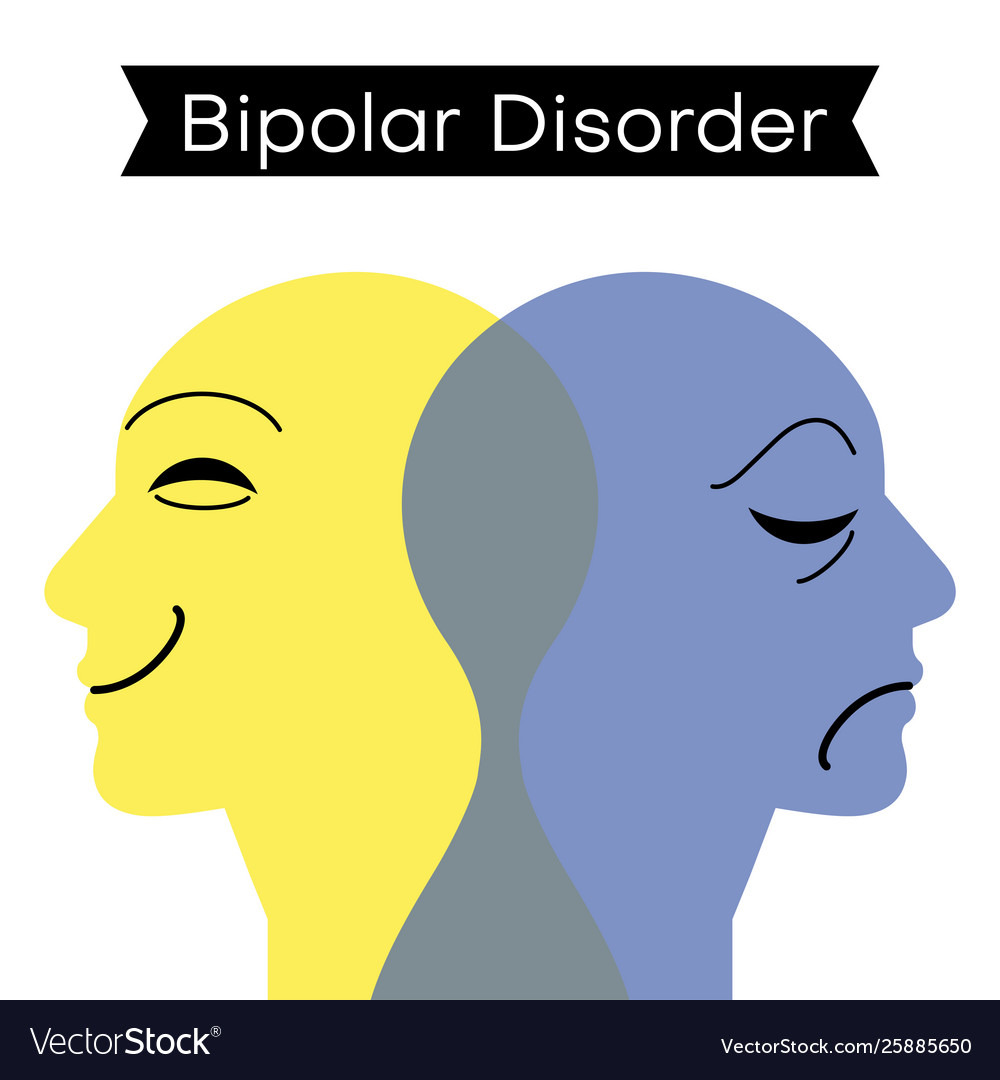How to Help Others Help You Manage Your Bipolar

Coping with bipolar disorder and navigating effective treatment requires a group of supporters—both professional and personal. Here’s how you can work together for the best outcomes.

The Importance of Personal & Professional Support
It takes a community to cope with bipolar disorder. Everyone needs a circle of support, a reliable team of people to help spot early-warning signs of an impending mood episode, spot trends in behavioral symptoms, recognize triggers, identify medication hurdles, and provide a listening ear (or shoulder to cry on) when times are tough.
At the end of the day, each person is responsible for their own life and well-being; in a sense, you can think of yourself as the team captain. Embracing your treatment plan and feeling empowered to advocate for the best care possible will enable you to more effectively manage the brain-based health condition.
Who’s on your team is, for the most part, up to you. On the personal side, there may be romantic partners, friends, family members, neighbors, coworkers, spiritual supporters, and even pets. On the professional side, there are likely to be prescribing doctors, psychiatrists, and talk therapists (among others). For the best management of bipolar, it’s important to communicate with your team. Here’s how to get started:
#1 Gather Reliable Bipolar Resources
The all-too-common phrase “Knowledge is power” holds true when it comes to managing bipolar disorder, too. Help educate your support partners by providing them with reliable resources—websites (like bphope), support groups (like NAMI and DBSA), periodicals, and more.
It’s beneficial to both of you if they are able to access the latest information, research findings, and recommendations when it comes to managing bipolar disorder and addressing the many ways it affects both your life and theirs. Plus, apart from expanding their awareness about common bipolar symptoms and misconceptions, having a list of trusted resources can help them to feel empowered, whether they reference these materials on their own or alongside you.
Ideally, your friends, family members, and other supporters would feel comfortable bringing any questions and concerns to you directly. However, when you are in the midst of a mood episode or they do not have enough background information to gently approach a potentially difficult conversation, having a set of reliable resources available can help to smooth out awkward discussions and allow for more effective communication of needs.
#2 Share Medication & Medical Information
In addition to gathering educational and support-based resources for your circle of supporters, consider also sharing your medical information. From how to contact your medical providers to which medications and treatments you are following (and their side effects and potential interactions), the more practical information your loved ones have available, the more effectively they will be able to help you in your day-to-day life and in times of crisis.
#3 Create a Crisis Plan—Together
During a period of wellness or stable mood, work with your support team to prepare in advance for what to do during a mood episode (manic, hypomanic, depressive, or mixed state), and be sure to establish an agreed-upon set of criteria for what merits hospitalization.
Should inpatient care at a psychiatric hospital be required, you would undoubtedly have preferences for where to go and what treatments you would allow or prefer to avoid. Your crisis plan should include a psychiatric advance directive or health care power of attorney. And your emergency support person should have the contact information for your psychiatrist and therapist, the name of your preferred hospital, and your medication list.
Ensuring that your immediate supporters—and especially your health care proxy—understand your preferences will bolster the quality and effectiveness of your treatment during a bipolar crisis.
#4 Explore Known & Potential Triggers
One of the best ways a loved one can support you in managing your bipolar is to keep an eye out for any potential triggers and early-warning signs of an impending mood episode. Of course, monitoring your own patterns by sticking to a routine, tracking your mood, and journaling is an essential proactive measure. However, as an invested but somewhat more objective observer, your support person or team may be able to recognize trends in behaviors and symptoms that might easily fly under your own radar.
Allowing your loved ones to help you in this way requires open communication about your challenges and successes. (If they don’t know what symptoms are giving you trouble, they can’t very well help you identify what might be triggering them in the first place.)
In addition to this trust, you might also need to actively work toward being patient and learning to welcome—or even invite—honest feedback. Sometimes, such input may come across as criticism or judgment, even when the other person has the best of intentions.
So, when a loved one approaches you with a concern that relates to your bipolar, try to rein in any immediate irritability and instead grant them the opportunity to discuss their observations freely. Especially when bipolar is actively affecting your state of mind, being patient in the face of constructive feedback may be challenging. It may be helpful if, during a period of wellness, you agree on a way to share this feedback. Advance preparation can go a long way toward helping your support team to share their observations—and helping you to actually hear what they have to say.
Read more:
Your Playbook for Recruiting a Bipolar Care Team
Bipolar Recovery—Creating Your Wellness Team
Helping Loved Ones with “Life Admin” Can Alleviate Stress & Triggers
10 Ways to Support Someone Who Has Bipolar
5 Steps for Building Your Bipolar Support Circle
Originally posted September 27, 2022
The post How to Help Others Help You Manage Your Bipolar appeared first on bpHope.com.